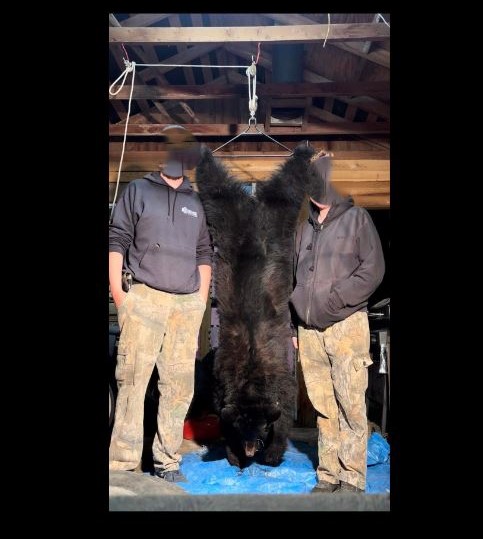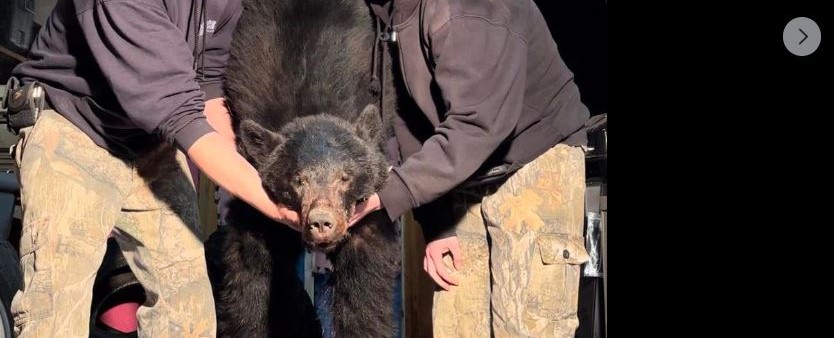The eyes of the world were on British Columbia this spring of 2024 when a juvenile orca was trapped in a lagoon on the west coast of Vancouver Island near Zeballos. The young orca, named Kʷiisaḥiʔis by the Ehattesaht First Nation, made international headlines when she was led out of the lagoon after a month of entrapment.
Another juvenile animal, an elephant seal, became the focus of local media and intense social media reports when he decided he wanted to molt not only on Victoria area beaches, but also on some roads. Public attention was so intense that barriers were erected, volunteers were deployed and even the police became involved, closing roads temporarily.
It’s been a season of crossing our fingers for the dispersal of young animals that now live their lives without their mothers. One juvenile animal on Vancouver Island suffered a completely different outcome. On April 22, 2024 a small bear napped on a stump.
The woman who shot him wrote the following account of his killing on a hunting site;
“April 22 got my first bear with my fiance, he was sleeping on a stump for about an hour then he got up and he was taking a nap 20 seconds later. 🙂 this was a day I will never forget!! So grateful to my fiance helping me stay calm and teaching me how to gut, skin and butcher and mostly being there with me for this moment with me! Good luck to you all, happy hunting season.”

The morality of killing such a young animal was hardly questioned in the long list of congratulatory comments she received on her post. The legality was not in question, which can only lead the public, and future hunters, to assume that juvenile bears can be killed during the spring black bear hunt in British Columbia.

Recreational hunting in the forests of BC is on the rise, as evidenced by the annual increase in species license sales. There is a clear need for more stringent laws to safeguard our indigenous wildlife as more inexperienced hunters than ever take up the sport,


Recent Comments